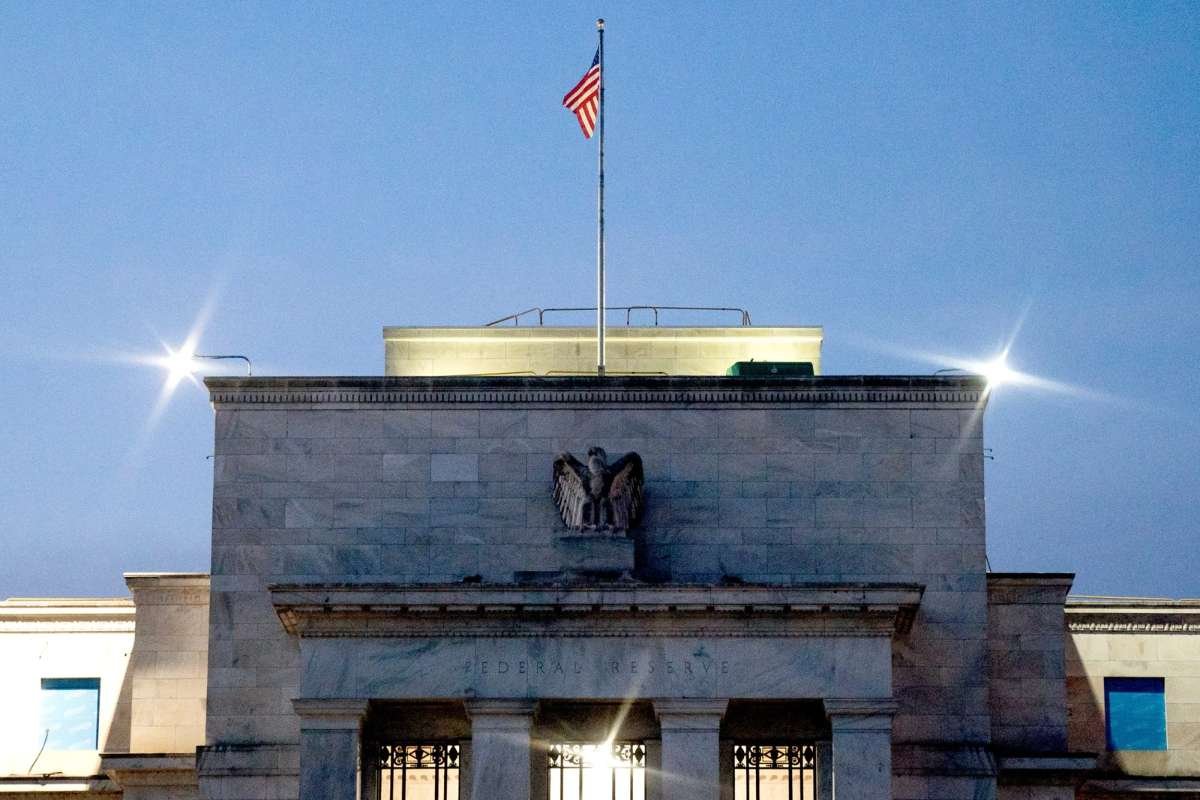Major Lawsuit Challenges Fed’s Stress Tests
In a significant legal move, major U.S. banks and business organizations have filed a lawsuit against the Federal Reserve, challenging the annual “stress tests” that evaluate the financial health of Wall Street firms. Filed in the U.S. District Court in Columbus, Ohio, the lawsuit claims that the central bank’s procedures for conducting these tests and setting capital requirements violate administrative law. The plaintiffs, which include the Bank Policy Institute, the U.S. Chamber of Commerce, and the American Bankers Association, argue that the Federal Reserve’s opaque methods lack proper transparency and accountability.
The stress tests, designed to assess how banks would perform under hypothetical economic challenges, are a cornerstone of the U.S. regulatory framework introduced after the 2008 financial crisis. However, the plaintiffs allege that the Federal Reserve’s confidential models and scenarios are not subjected to public scrutiny or feedback, making the process overly subjective. While the lawsuit does not aim to dismantle the stress testing program, it seeks to reform it into a more transparent and inclusive process.
Supreme Court Rulings Encourage Regulatory Pushback
This lawsuit reflects an emboldened stance by U.S. banks and business in challenging regulatory authorities. The move comes on the heels of recent Supreme Court decisions that have curtailed administrative powers. Notably, in June, the Supreme Court overturned the “Chevron doctrine,” a 1984 precedent that had previously allowed courts to defer to government agencies’ interpretations of ambiguous laws. This decision has opened the door for industries to question and potentially reshape regulatory practices.
The 2010 Dodd-Frank Act mandates the Federal Reserve to assess the resilience of banks through balance sheet testing. However, the act does not explicitly require the capital adequacy analysis currently conducted by the Fed, nor does it stipulate the amount of capital banks must set aside based on test outcomes. Industry groups contend that these aspects of the tests lack a clear legal basis and demand greater regulatory transparency. Rob Nichols, president and CEO of the American Bankers Association, emphasized the need for the Federal Reserve to address the longstanding issues associated with these tests, stating, “The opaque nature of these tests undermines their value for providing meaningful insights into bank resilience.”
Fed Considers Changes as Lawsuit Proceeds
Amid these rising tensions, the Federal Reserve announced on Monday its intention to implement reforms to its stress testing procedures ahead of the 2025 exams. These changes aim to address legal concerns and improve the process. However, industry groups opted to proceed with the lawsuit, underscoring their lack of confidence in the Fed’s ability to make adequate changes independently.
The stress tests have long been criticized by banks as being overly complex and subjective. These evaluations play a critical role in determining how much capital banks must retain to fulfill their financial obligations. They also impact decisions regarding dividend payouts and stock buybacks. While the Federal Reserve has resisted fully disclosing its testing models out of concern that it may enable firms to manipulate results, the lawsuit has reignited debates about the balance between regulatory oversight and industry autonomy.
As this legal battle unfolds, the outcome could have far-reaching implications for U.S. banks and business, potentially reshaping how financial stability is evaluated within the regulatory framework in the years to come.










